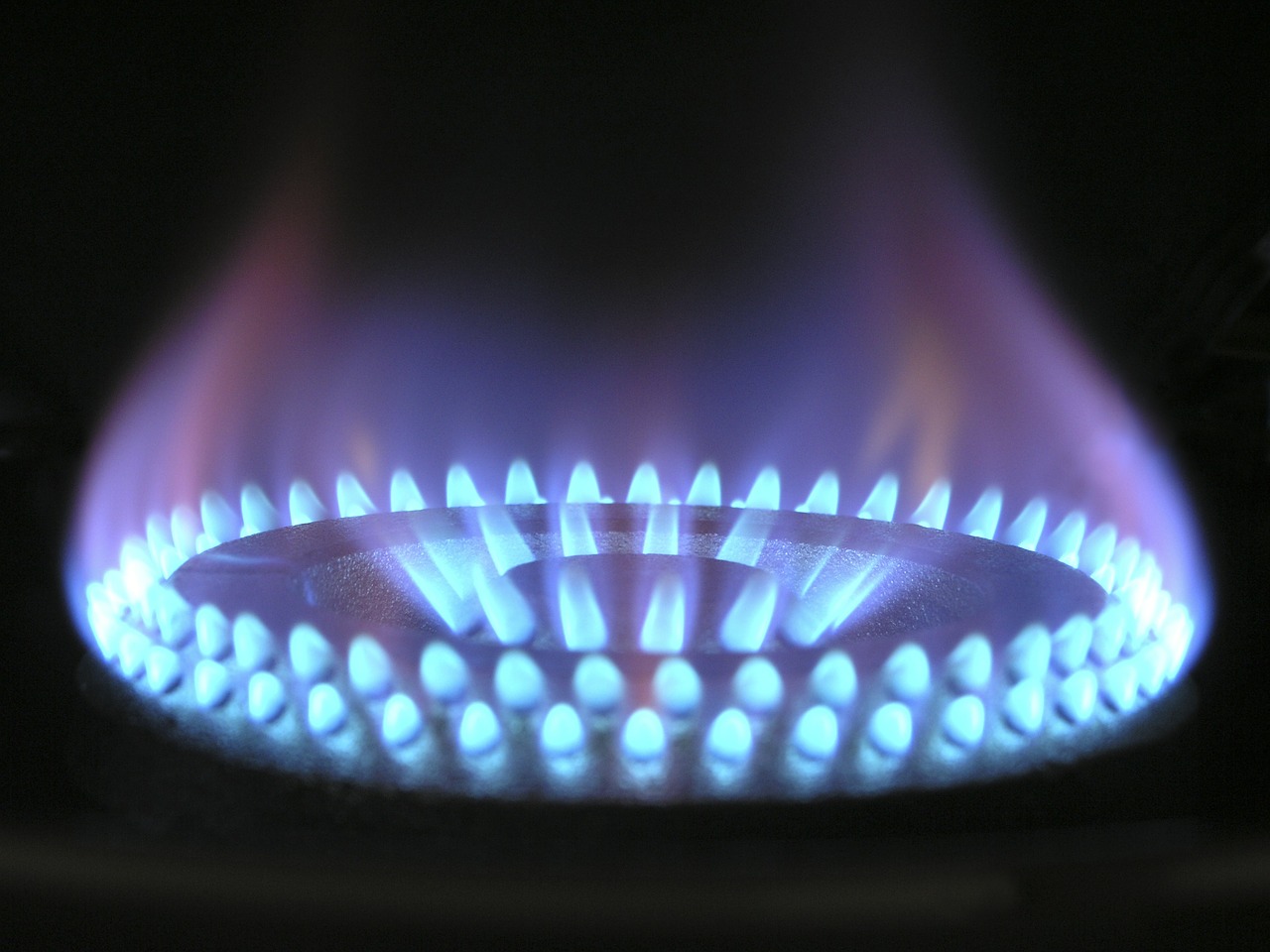Last Updated on: 21st November 2023, 11:48 pm
Ahead of the second round of price rises from British Gas and Scottish Power coming into effect early next month, a new study from MoneySuperMarket today reveals half of Brits will change the way they use their energy this winter as a direct result of the recent price hikes, with more than one in five (21 per cent) seriously concerned about being able to pay their bills.
Alarmingly, each winter between December and March, the UK sees a staggering 9,7003 deaths due to cold conditions inside the home. With energy bills continuing to rise – the average annual Big Six standard variable tariff is £1,224, over £70 more expensive than this time last year – the research suggests large portions of the population will be making real sacrifices to ensure they can afford to heat their homes.
35 per cent of Brits will reduce consumption by being conservative in the way they will use their energy, paying more attention to turning lights off and unplugging appliances to combat increased bills. The research also shows 19 per cent will have fewer meals or takeaways; 14 per cent will dip into savings; 12 per cent will go on fewer nights out with friends and a further 12 per cent will take a packed lunch to work to save money. Seven per cent admit they’ll even go into their overdraft just to cover the cost of their energy bill.
When mapping sentiment across the country, those in Wrexham (71 per cent) are the most likely to make sacrifices to pay for their energy bill this winter, followed closely by Portsmouth (68 per cent), Bristol (68 per cent) and Swansea (67 per cent). York, London and Edinburgh are also among the top ten cities making sacrifices.
Top ten UK cities making sacrifices to pay for their energy bill this winter:
| City | % of population making a sacrifice to pay for their energy bill this winter |
| Wrexham | 71% |
| Portsmouth | 68% |
| Bristol | 68% |
| Swansea | 67% |
| York | 65% |
| London | 63% |
| Edinburgh | 63% |
| Glasgow | 62% |
| Manchester | 62% |
| Birmingham | 62% |
The research also reveals that October 11th is the date Brits are most likely to turn the heating on regularly to combat the colder weather.
Stephen Murray, energy expert at MoneySuperMarket, said: “Most of the price rises from the Big Six and emerging suppliers were announced after the winter months, once the heating was already switched off, so it’s only really now that households will start to suffer the impact as temperatures start to drop and the thermostat gets turned up.
“Driven largely by wholesale costs, a normal household on an expensive standard variable tariff is paying £73 more this winter compared to last, with the average bill now standing at £1,224. To protect yourself from any more price hikes, it’s worth shopping around and switching to a fixed rate tariff to lock in the amount you pay for the next couple of winters. You could save up to £250 by doing so.
To find out more information on switching energy suppliers visit MoneySuperMarket.








